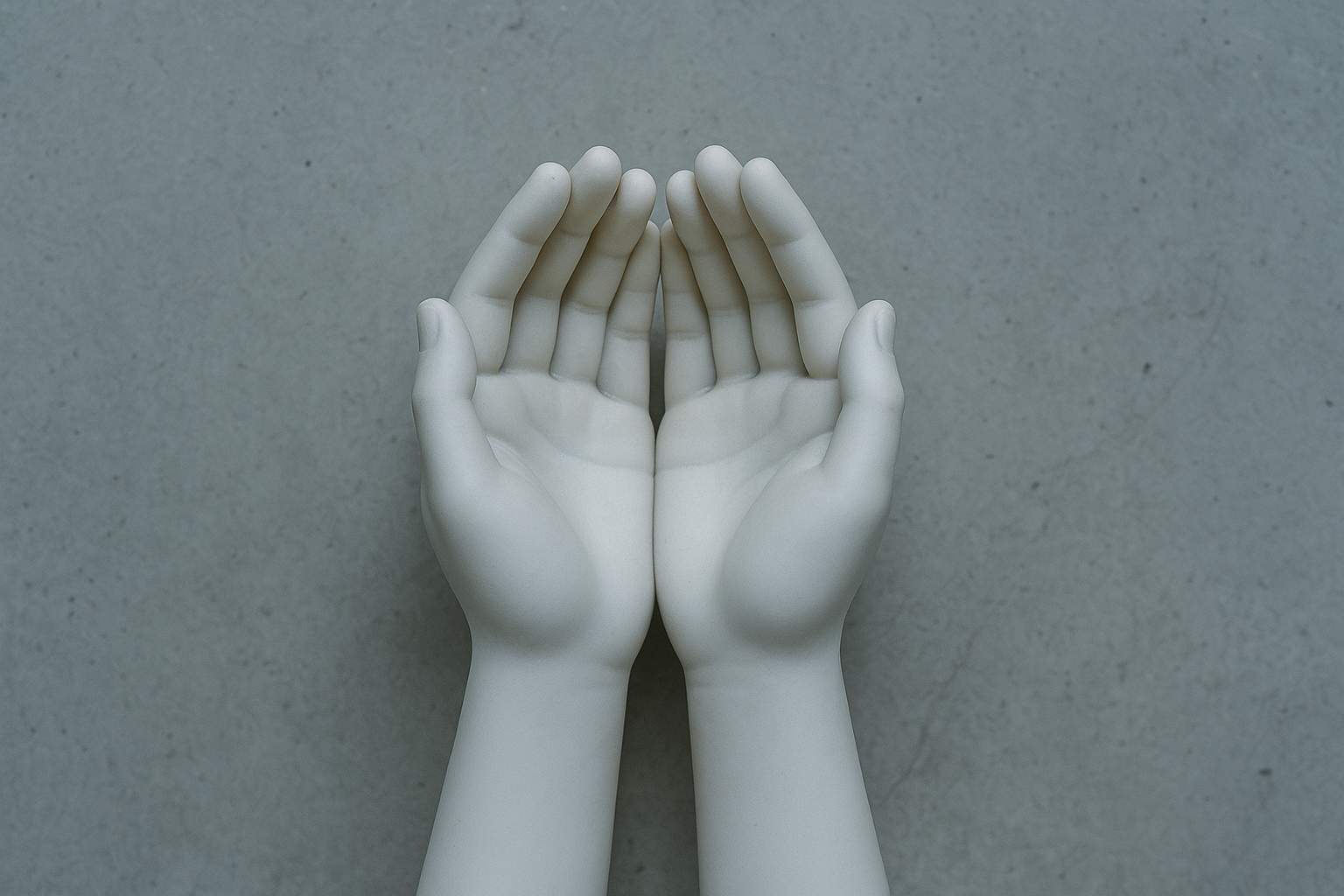Individuation — The Journey Back to the True Self
October 31st — Quiet October afternoon, soft light through the window. Not searching. Just remembering.

What Carl Jung meant by individuation
Carl Jung believed that the greatest task of our lives is to become who we truly are —
not the version shaped by approval or fear, but the one that existed before conditioning.
He called this process individuation: the lifelong journey of integrating every part of ourselves into a whole.
For Jung, individuation was not a luxury of the self-aware, it was the purpose of life itself.
He saw it as the psyche's natural movement toward balance, a process through which the conscious and unconscious mind begin to communicate, so that what was once hidden can finally be understood.
In Jung's view, we begin our lives fragmented — split between who we are and who we think we should be. We wear the persona to survive. We hide the shadow to feel safe. We search for signs in the world, not realizing that the answers often come from within.
When we begin to listen inward, dreams, intuitions, and even chance encounters start guiding us home — not as random moments, but as reflections of a psyche seeking its own completion.
Individuation is the bridge between all of these. It's not self-improvement.
It's self-reunion, the soul remembering its shape.
The gentle unlearning
Becoming whole isn't about adding more layers to who you are, it's about unlearning what was never yours to carry. The roles. The expectations. The need to prove your worth.
As you peel away what no longer fits, you begin to notice how much space there is for authenticity to breathe. The noise quiets. Your intuition grows louder.
You begin to move with more honesty, not because you're certain, but because you're aligned.
This stage of individuation often feels like coming undone, but in truth, it's a slow and sacred remembering. You stop performing and start inhabiting yourself again.
The return to the whole self
At some point, the process stops feeling like work. You realize you're not building a new self, you're coming home to the one that's been here all along.
Jung called this the integration of opposites, when light and shadow, strength and softness, certainty and doubt can coexist peacefully. You no longer need to choose which side to show.
You can be both. You are both.
And perhaps that's what healing truly is — not chasing perfection, but allowing wholeness.
The mask has fallen.
The world now reflects your truth.
And you are free to simply be.
Reflection for you
What part of yourself feels ready to come home?
Not to be fixed or improved — just held, seen, and allowed to exist.
Take a deep breath.
You are not a work in progress.
You are a masterpiece in motion.🕯️
If you'd like to explore more of Carl Jung's ideas, you can read my earlier reflections:
-
The Mask Starts to Crumble — on the persona, the face we show the world.
-
When the Universe Whispers — on synchronicity and the quiet dialogue between inner and outer worlds.
Gentle Shadow Work — what it is and why we start softly.
And if these words resonated, you might find more soft reflections and gentle reminders waiting for you on Instagram — a soft space to land: @selflavie. ✨
Soft hugs,
Selflavie
Comments are currently closed.
Thank you for being here and reading.
If you’d like to share your reflections, you can always find me on Instagram
@selflavie.